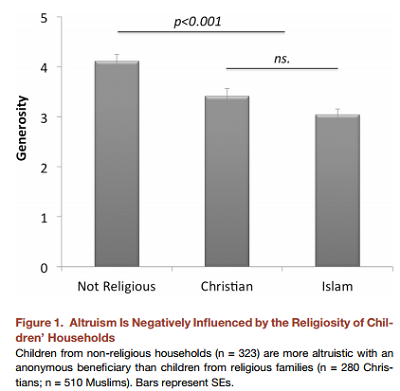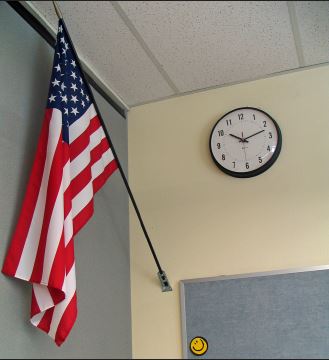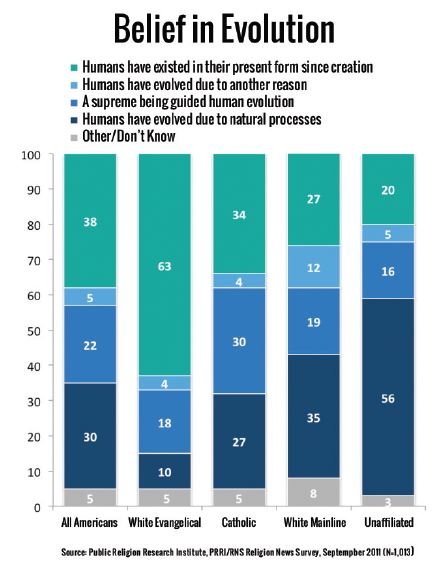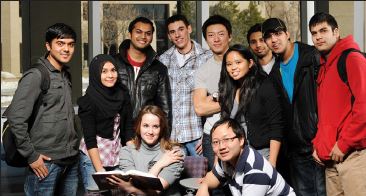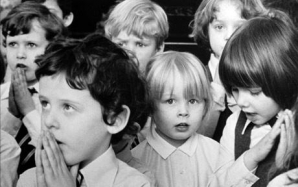 The Supreme Court has repeatedly struck down as unconstitutional attempts to inject prayer or other forms of devotional practices into public schools. The Establishment Clause forbids school-sponsored prayer. Classroom prayers and Bible readings are unconstitutional, even if students are excused from participating. Inclusion of prayer as part of the official school program gives government power over religion. Even supposedly neutral prayers privilege religion over non-religion and are unacceptable.
The Supreme Court has repeatedly struck down as unconstitutional attempts to inject prayer or other forms of devotional practices into public schools. The Establishment Clause forbids school-sponsored prayer. Classroom prayers and Bible readings are unconstitutional, even if students are excused from participating. Inclusion of prayer as part of the official school program gives government power over religion. Even supposedly neutral prayers privilege religion over non-religion and are unacceptable.
Public school teachers and administrators must remain neutral concerning religion while carrying out their duties. It is unconstitutional for teachers or school employees to pray with or out loud in the presence of students or to encourage religious activities in school. Teachers and other school officials have no individual First Amendment right to use their official positions to proselytize in school.
Public schools cannot include invocations or benedictions at graduation ceremonies, regardless of who delivers the prayer. It does not matter whether or not attendance at the graduation ceremony is voluntary, since the pressure for students to attend this milestone event is effectively coercive. School-sponsored prayers at other school events, including athletic events, are likewise unconstitutional, even if the prayers are student-led.
POLICY RECOMMENDATION: As representatives of the government, teachers and administrators may not lead students in prayer; however, the right of a student to voluntarily engage in a non-disruptive private prayer has never been infringed.

